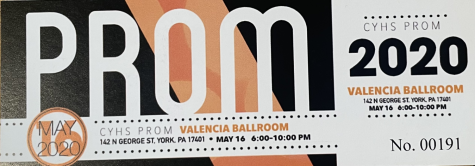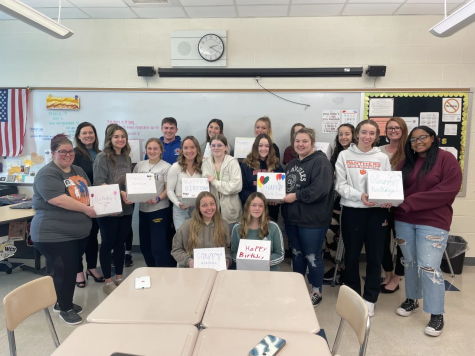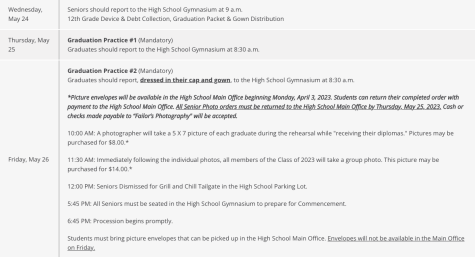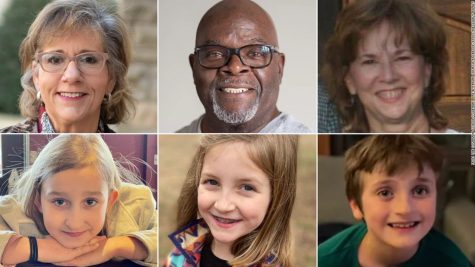The no-knock warrant debate
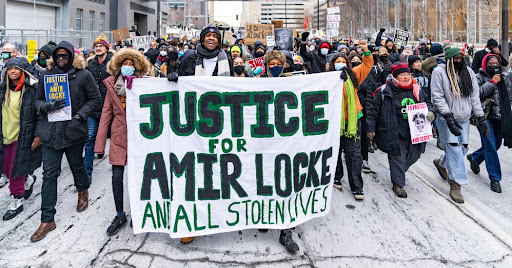
Protests uproar in cities across the U.S for all victims.
May 3, 2022
No-knock warrants have been under strict scrutiny and debate as a result of cases involving claimed injustice such as those of Amir Locke and Breonna Taylor. These warrants are issued so police officers can enter a residence without knocking or announcing their presence, in cases with “reasonable suspicion” there will be violence or destruction of evidence. These have been controversial for years but have been mentioned again in the news due to the recent announcement on April 6, 2022 that charges would not be pressed on Minneapolis Police Officer Mark Hanneman for shooting Locke during a no-knock raid.
In February 2022, Locke,22, was sleeping while holding a gun he legally owned when police came in unannounced. They were searching for his cousin, a suspect in a crime not involving Locke. Locke was not named on the warrant, but within nine seconds of their entry three shots were fired at Locke and he died as a result.
The issue seen with this tactic is the overwhelming harm towards citizens and disproportionately people of color as well as the officers involved. Between 2010-2016 94 people were killed when executing these warrants and 13 were police officers. And while these pose significant risk, 20,000 warrants are still issued every year across the U.S. A study conducted by the American Civil Liberty Union (ACLU) found that in “20 cities, 42% of people subjected to SWAT no-knock warrant raids were Black and 12% Latinx.”
“Warrants create chaotic, confusing circumstances that put everyone at risk and those people are disproportionately marginalized people of color,” said National Civil Rights attorney Benjamin Crump.
Specifically, the lack of action following the Locke and Taylor cases has made many believe in racial injustice regarding these warrants.
“I’m disappointed but not surprised with the outcome because this has happened so much, so it seems like only so much justice is being given to victims,” said junior Imani Taylor.
In the Taylor case of March 13, 2020, she was sleeping when police entered, and her boyfriend, Kenneth Walker, fired his gun believing they were intruders. Police fired back and unfortunately eight of those shots hit Taylor causing her to pass away. Both the Locke and Taylor cases involved no-knock warrants and both resulted in deaths of people who were not committing any crimes.
These warrants, however, can be useful in apprehending people that are dangerous or at risk of fleeing. Police are aware when using these warrants that there is a risk of occupants being defensive.
“It can get very complicated and crazy,” said law teacher Matthew Astorino.
Currently, three states have complete bans on these: Florida, Oregon and Virginia. Additionally, in St. Paul, across the river from Minneapolis, there has not been a no-knock warrant issued since 2016 and the last officer that was killed was 17 years ago.
While this strategy can be useful, the use of no-knock warrants must be analyzed critically to prevent tragedies.



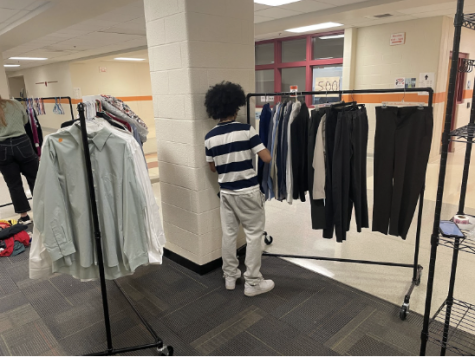
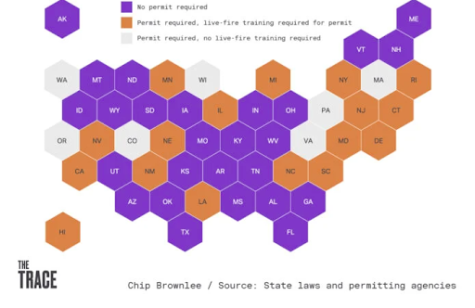

![“She [Walker] was the biggest advocate for any student,” said Basile.](https://mundismillmedia.com/wp-content/uploads/2023/05/Colorful-Watercolor-Note-Paper-with-Brush-Stroke-A4-Document-336x475.png)
